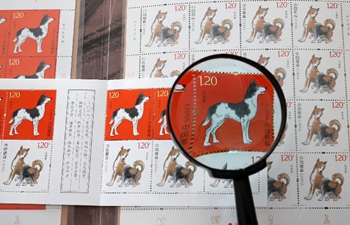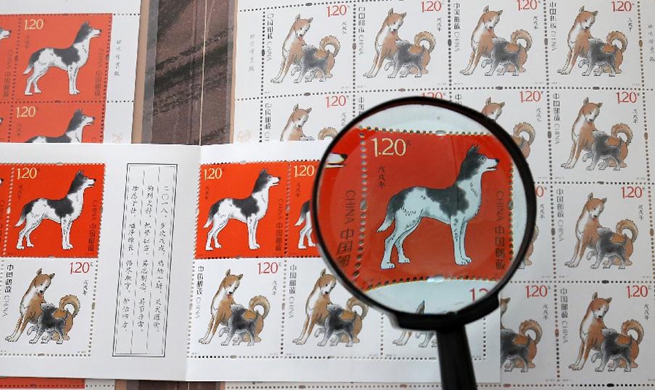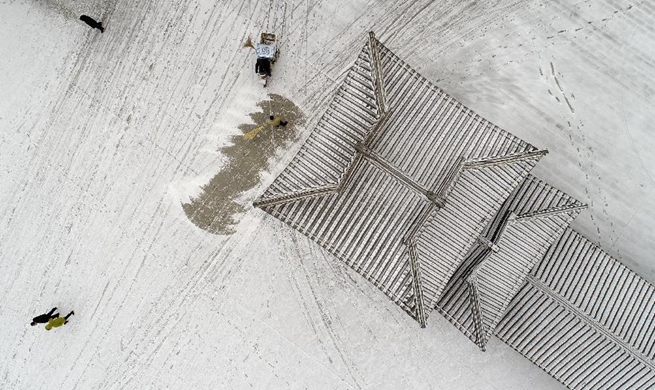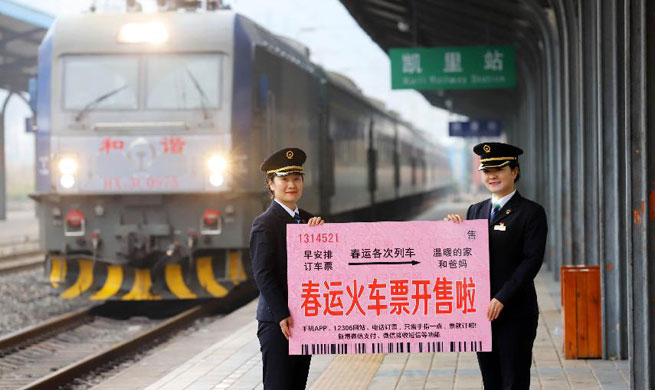ISTANBUL, Jan. 3 (Xinhua) -- Turkey's annual inflation rate rose to 11.92 percent in December, driven mainly by rising prices in transportation, food and non-alcoholic beverages, show data unveiled on Wednesday.
On a monthly basis, consumer prices rose by 0.69 percent last month, while the costs of transportation and food and non-alcoholic beverages increased by 1.69 and 1.52 percent respectively, according to the data released by the Turkish Statistical Institute.
The annual rise in transportation prices was 18.24 percent, contributing to a higher inflation from 9.22 percent in January 2017.
"I believe the main reason behind the gradual increase in Turkey's annual inflation for 10 to 11 months of last year was the fluctuations in exchange rates," said Murat Salar, general manager of Azimut Portfoy, an asset-management company.
"Turkey's central bank, by making appropriate moves, has finally stabilized the exchange rate," he told Xinhua.
As the Turkish lira gained value against the U.S. dollar last week from 3.82 to 3.76, Salar was hopeful about Turkey's annual inflation rate falling back to single-digit numbers as of April.
In 2017, Turkey had the highest inflation rate of 12.98 percent in November.
"That will remain as the highest rate that can ever be experienced by Turkey in the short run," said Salar.
In the view of Sadi Uzunoglu, an economist with Thrace University, a single-digit inflation rate is a "remote possibility" for the next two years, as Turkey is bracing itself for local, parliamentary and presidential elections in 2019.
"That means the government will maintain its populist policies, adding risks to the possibility of having double-digits inflation rates in the upcoming period," he said.
He noted that rising prices of 242 items out of 414 in total, which mostly constitute the basic needs of residents, have had a direct impact on their living standards.
"Despite the significant increase in prices, people have continued to spend money by getting bank loans," he said. "So we can say that the inflation increased due to both the fluctuations in exchange rates and the increase in demand fueled by bank loans."

















